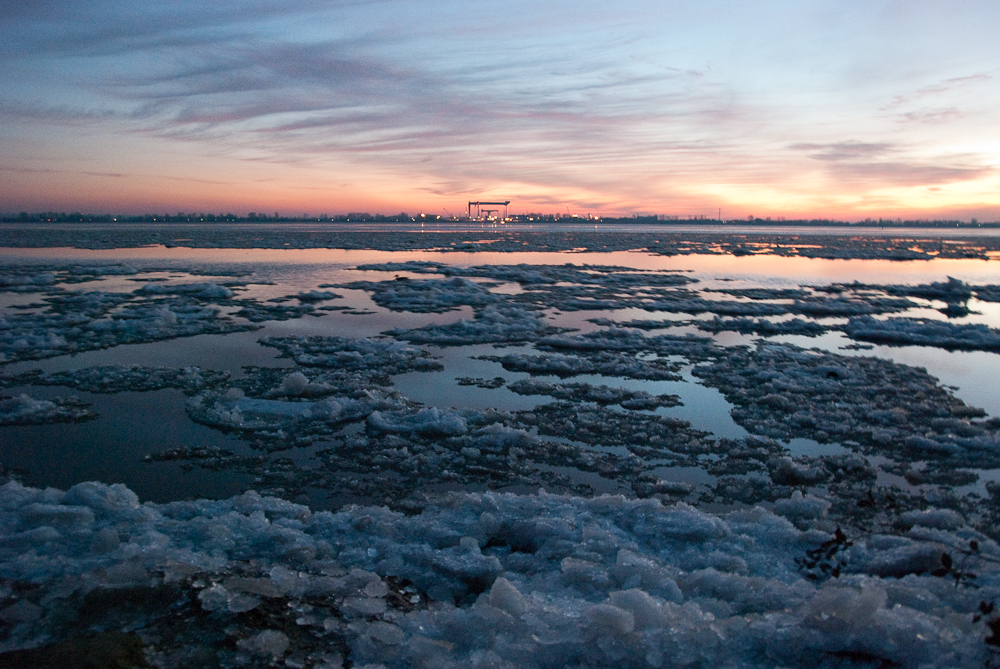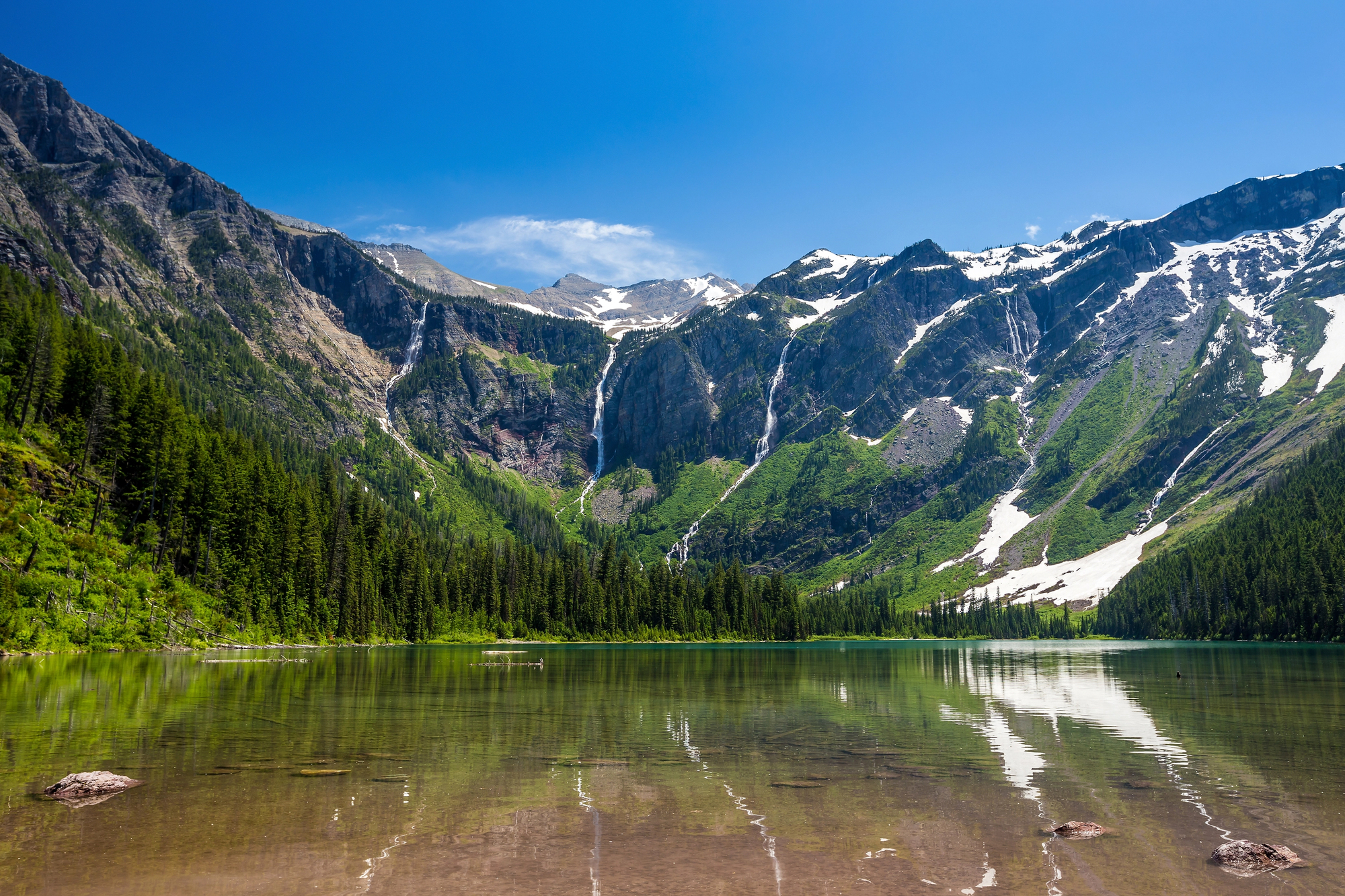Healthier Climate: A Constitutional Right?
Rachel Carson’s 1962 book Silent Spring contains the earliest written suggestion that a healthy environment should be a constitutional right. Carson’s assertion was specific to the warning against indiscriminate pesticide use and the spreading of disinformation by chemical companies. Silent Spring led to a national ban on the chemical DDT and the creation of the U.S. Environmental Protection Agency. Today, the debate over whether or not a healthy environment should be viewed as a fundamental right is pushing new boundaries by taking on a graver, more nebulous issue: global climate change. The right to a healthy, stable climate is not enumerated in the Constitution and currently does not exist, but what if it must for the well-being of future generations? U.S. Courts of the past have seen fit to grant numerous rights unwritten by the founders of our nation and, as Duke Law describes, “from the very beginning, American judges have been prepared to enforce constitutional rights that cannot fairly be said to derive from any enumerated textual guarantee.” Should such a broad, yet seemingly vital, right to a life-sustaining environment (atmosphere included) be enforced by our nation’s courts?
Earth’s climate is warming and human beings are the primary cause. Specifically, climate science has attributed rising global temperatures to the excessive anthropogenic emission of greenhouse gases—a result of burning fossil fuels. Numerous lawsuits have been brought against the government of the United States claiming too little is being done to protect future generations from the dangers of a warming climate. The high-profile lawsuit Juliana v. United States is doing just that by arguing that the government has violated the constitutional rights of 21 plaintiffs (ages 11 to 22) by perpetuating policies that are intensifying climate change. The case may now be more significant than ever with an October report by the United Nations warning that the planet may face notable damage from climate change as soon as 2040—a point well within the lifetime of the plaintiffs. In an article by Forbes, Ross Macfarlane, Senior Advisor with Climate Solutions, says, “Equity between generations is a key issue with climate change.” Macfarlane notes, “Those who benefit most from the carbon pollution won’t be around to feel the worst impacts. These actions attempt to redress that balance, and allow future generations a voice in the legal system.”
In 2016, Juliana v. United States was upheld by an Oregon federal district judge who ruled that a climate “capable of sustaining human life” was a constitutional right and a trial was eventually set for October 29, 2018. However, an October 19 order from Chief Justice Roberts of the Supreme Court granted the Trump administration a temporary victory by halting the case. On October 22, a request was filed on behalf of the plaintiffs to proceed with the original October 29 trial date.
The plaintiffs’ argument hinges on two areas of constitutional rights: the equal-protection and due-process clause set forth by the fifth amendment and “unenumerated” rights of the ninth amendment. In an opinion article titled “The constitutional right to a healthier climate”
James Hanson, a lawyer representing the plaintiffs of Juliana v United States, writes that current federal energy policies “infringe upon the fundamental guarantees of the Fifth Amendment, including the rights to life, liberty, property, and equal protection of the law” by jeopardizing a life-sustaining climate for future generations. Through the ninth-amendment, an argument is also being made for an unenumerated “right to be sustained by our country’s vital natural systems” and that the government has violated the public trust doctrine “by denying future generations of the country access to essential natural resources, such as the coastlines.”
Garret Epps, a professor of constitutional law at the University of Baltimore, says in an article, “Under the law as it stands, Juliana v. United States is a long shot.” Epps describes how current judicial precedent prevents federal courts from hearing “generalized grievances” against the government. Furthermore, individuals must have a “standing to sue” with specific evidence showing that the federal government has harmed them in a concrete way. Thus, Julia Olson, another lawyer representing the plaintiffs and head of the non-profit organization Our Children’s Trust, which is backing the case, has carefully recruited young people from locations already damaged by the effects of climate. Yet, University of Michigan law professor David M. Uhlmann says in a New York Time article that while “the claims are compelling, and legal theory is creative,” it unlikely the Supreme Court would make a favorable ruling.
Strong opposition to the plaintiffs’ legal case and overall goal is prevalent. The assistant attorney general for the Environment and Natural Resources Division at the Department of Justice, Jeffrey Woods, sides with the federal government, saying in a statement, “This lawsuit is an unconstitutional attempt to use a single Oregon court to control the entire nation’s energy and climate policy.” An article by National Geographic quotes Justice Department lawyer Sean Duffy who notes that the federal government does not deny the science of man-made climate change, but believes that “Congress and the Executive Branch should address climate change in the first instance and should do so by coordinating with other nations.” In an article published by The Hill, Phil Goldberg claims that politically-motivated climate lawsuits “are showy, expensive distractions from the real work of balancing economic and environmental goods” and pose a threat to the independence and affordability of U.S. energy. However, many note that climate lawsuits are a response to the current failure of both Congress and the executive to adequately address climate change.
There is no doubt that Juliana v. United States begs serious questions of constitutional rights and judicial power. Furthermore, if the courts were to rule, against odds, in favor of the plaintiffs of Juliana v. United States, there could certainly be wide-reaching impacts not only to U.S. energy policy, but also to our notions of individual liberty and our nation’s fossil-fuel-dependant lifestyle. Even if such changes are necessary for the health and safety of future generations, their immediate economic impacts would almost certainly be viewed as too drastic to justify a favorable ruling. Nevertheless, allowing the case to advance would help continue vital dialogue concerning the fundamental right to life of future United States citizens.





